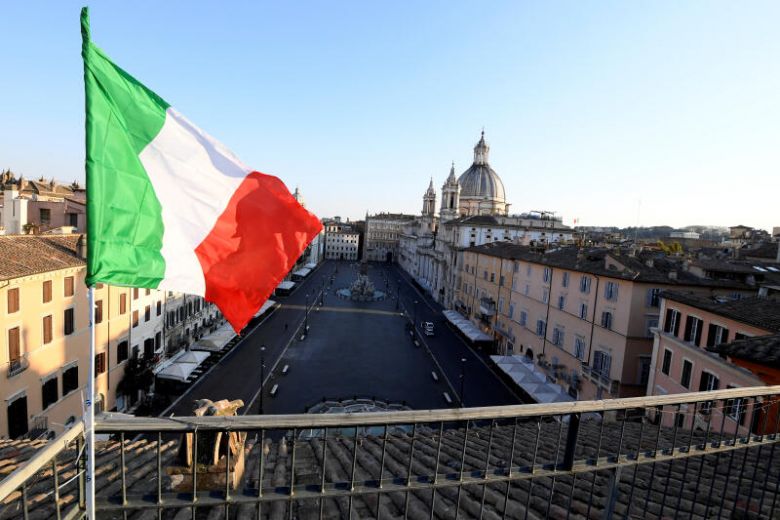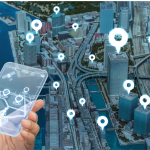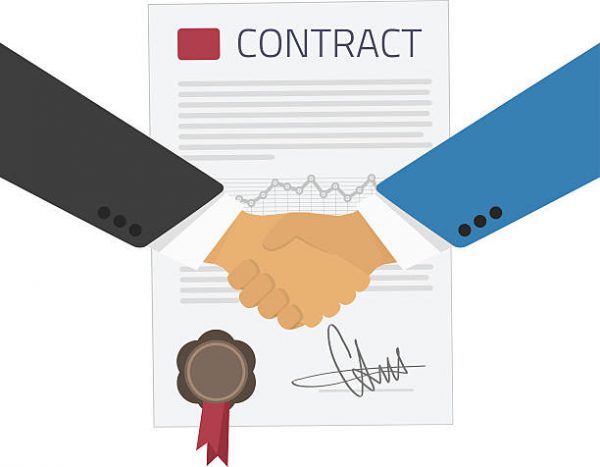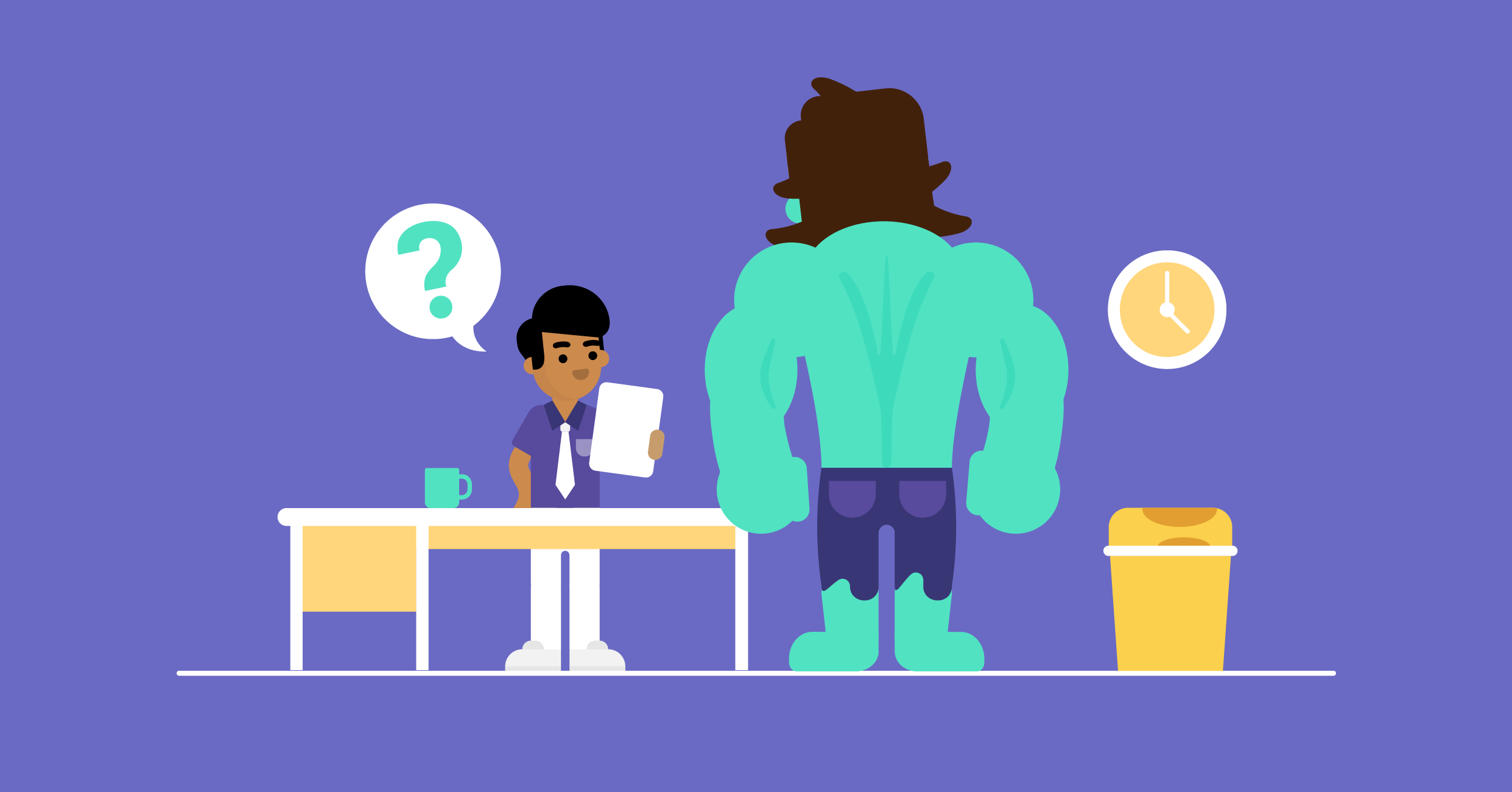How will Italy face the ” Phase 2 “?

Let’s find out what Phase 2 means for Italy, the first European country introducing coronavirus safety measures after the China’s outbreak:
Italy Phase 2 means that people restart to go to their offices, schools and factories at different times.
You can enter the office at 11 am, maybe in the afternoon in the factory. And in the shops, as in the companies, the presence of the men of the Guardia di Finanza as well as the labor inspectors will become familiar.
It will be a different, very different Italy, one based on the need to avoid coronavirus infection.
The task force of experts led by manager Vittorio Colao is in fact putting black and white the new rules of coexistence with Covid-19, which by the end of next Friday should end on Prime Minister Conte’s table and be discussed with ministers.
STOP HOUR TIME.
No more students all at 8 in the morning on school desks and not even employed to stamp the card by the fateful 8.30. City by city, the mayors will decide in which time slots they will go to work in public and private offices.
SMART AND CONTRACTS.
Incentives provided for smart working, both for companies and for employees. In contracts, the so-called “right to disconnect” by employees is to be regulated. The factories will also extend the production cycle over 24 hours, since not all of them will be present at the same time as the assembly lines.
1.5 METERS DISTANCE.
Spacing, masks and gloves will be karma. There is also thought of a reduction in daily working hours in a more timid initial recovery phase. The minimum distance between people will be 1 meter, but 1.5 meters will be recommended. Guardia di Finanza and Labor Inspectors will monitor the non-regular activities, to be sanctioned with the closure. In the shops you will only have the time to shop, out of the line for spaced accesses or you will receive by appointment.
BUS AS TAXI.
Providing “staggered” inputs and outputs would in fact make it possible to relieve the pressure on transport. The Colao Commission will give very drastic indications: on the buses all seated and no travelers close to each other, they will only enter if someone gets off. Trains with reserved and at least alternate seats, metro with stations designed on the ground for those traveling on their feet.
TELL THE PREFECT.
A circular signed yesterday by the Interior Ministry (which already introduces many rules for shops, businesses and supermarkets), contains a novelty that applies immediately, without waiting for next May 3. That is, the obligation of prior communication to the Prefect (also for suspended activities) for “access to company premises of employees or third parties delegated for carrying out surveillance, maintenance, payment management, cleaning and sanitization, shipping of goods lying in the warehouse and receipt of goods and supplies “.
EUROPE.
Ursula von der Leyen, EU Commissioner, has indicated the road map towards recovery. The free movement of persons established by the Schengen treaty will be “suspended for a long time”. The economic shock caused by contagions and lockdowns “is gigantic, the EU budget will respond with investments not for thousands of billions but for trillions”. The gatherings will be “allowed gradually”, you will have lunch at different times. School and health will be among the “priorities of the interventions”, such as the search for “a vaccine” and the European production of masks “so as not to depend on other states”.
ANTI-INFECTION APP.
Mobile applications that warn citizens of a greater risk due to contact with a person tested positive for Covid-19 «are particularly important in the phase of removal of containment measures, when the risk of infection increases, as more and more people come into contact. ” The indications given yesterday by the experts questioned by Charles Michel (European Council) trace the path that citizens will have to travel in order to live without too many constraints: a preferably “pan-European” App to be installed on mobile phones, which works (thanks to bluetooth) when “crossing” ”A Covid subject, who protects everyone’s sensitive data (especially Covid subjects), who alerts the competent health institutions and who – after the emergency is over – destroys the information collected.
Further Readings about the use of technology for the Phase 2 and more:






